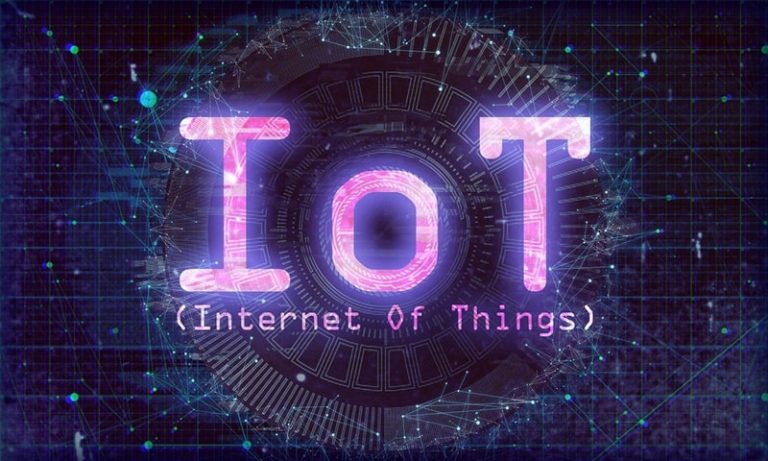The Internet of Things (IoT) is a concept that many of us are familiar with, yet may struggle to explain in detail. The IoT is commonly described as one of the most important technologies of the 21st century. Since there are expected to be over 41 billion connected devices across the world by 2025, it’s clear that there’s a need for an efficient way to update them. That’s where OTA updates come in. In this blog, we discuss what IoT OTA updates are and how they work.
Contents
What is the IoT?
Before we begin, let’s start with some quick definitions. Oracle perfectly summarises the IoT:
“The network of physical objects—“things”—that are embedded with sensors, software, and other technologies for the purpose of interacting with other devices and systems over the internet.”
Any device that can be labeled ‘smart’ is an IoT device, including smartphones, smartwatches, smart home appliances like TVs, fridges, smart energy appliances, and so on. As long as they support internet connectivity or can connect with another device, it’s an IoT application.
Most IoT devices are either updated manually, by an OTA update, or both.
What is an OTA update?
OTA stands for Over The Air. An IoT OTA update is when a device is updated remotely, over the internet, or another wireless communication network. A common example of this is when you receive a notification to update the software on your mobile phone.
For businesses, updating your software can be extremely time-consuming, especially if you have a large fleet of devices or devices with varying needs.
The solution to this is an integrated platform that allows you to manage your devices and issue OTA updates remotely.
Why are IoT OTA updates important?
IoT updates are critical and can bring a vast array of issues for businesses if ignored.
Regularly updating your software is the key to keeping your devices optimized and well-maintained for best use. Not only can failing to keep on top of updates can lead to slow-running devices and a poor user experience, but it also puts your data at risk.
A great feature of OTA IoT software updates is the ability to reverse updates that have failed. For example, if you attempt to update a newer version of the software that has bugs or issues, or if the update fails completely, an OTA update will allow you to roll back the update. This means that your software will revert back to the safest stable version and business can continue with no disruptions. This introduces a new level of security and reliability that businesses cannot afford to miss out on.
A practical solution for businesses
Businesses that use embedded Android operating systems are in a favorable position, since, by their open-source nature, they are easier to maintain and connect with other IoT devices.
The easiest way to conduct Android OTA updates is to connect with a reliable third-party provider. Look for a provider that understands regulatory requirements for (F)OTA, offers strong security and defense features, and supports a versatile range of Android versions.
Emteria is an industry expert in embedded Android. Their OTA update solutions offer scheduled and staged updates, delta (incremental) updates, and automatic fallback and rollback. As well as that, Emteria offers signing keys for Android OS to protect your releases and validate that only updates from trustworthy sources can be installed.
Try a free trial with Emteria today to simplify and streamline your IoT OTA updates for good.

